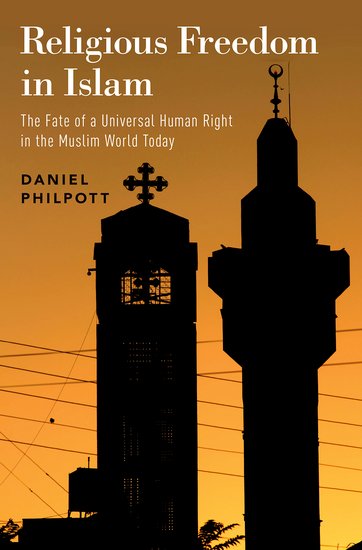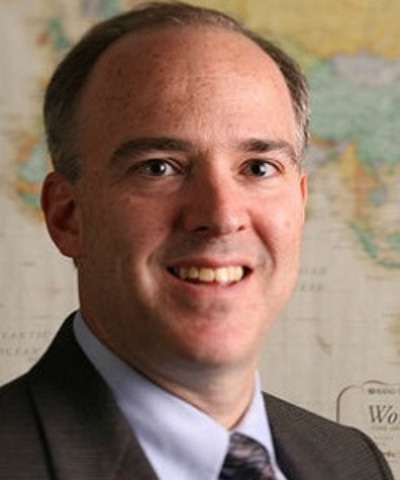Since at least the attacks of September 11, 2001, one of the most urgent political questions of our time has been whether religious freedom and Islam are ultimately incompatible.
Religious Freedom in Islam: The Fate of a Universal Human Right in the Muslim World Today by Daniel Philpott. (Oxford University Press, 2019).
Daniel Philpott, RFI Senior Associate Scholar and Notre Dame Professor of Political Science, seeks to answer this question in his new book, Religious Freedom in Islam: The Fate of a Universal Human Right in the Muslim World Today (now available).
In a special 10-part series on Cornerstone Forum (and to be posted below), Daniel Philpott will be previewing key arguments of his new book that aim to address the future of religious freedom in the Muslim world.
As the book’s description states:
From a satellite view, the Muslim world looks unfree. But, Philpott shows, the truth is much more complex. Some one-fourth of Muslim-majority countries are in fact religiously free. Of the other countries, about forty percent are governed not by Islamists but by a hostile secularism imported from the West, while the other sixty percent are Islamist.
In the West, a culture war over Islam has been raging at least as far back as the attacks of September 11, 2001. It flares up every time terrorist acts or other forms of violence involving Islamists hit the headlines. Much as in the Cold War, this public debate has hawks and doves, which he calls “Islamoskeptics” and “Islamopluralists,” respectively.
Who is right? Religious Freedom in Islam seeks to answer this question. Its criterion is religious freedom. More demanding than tolerance or even democracy, religious freedom requires enduring respect between persons and communities holding different religious beliefs and practices. Religion deals with the ultimate questions of life so differences in this domain are highly consequential. Religious freedom, thus, requires respect for everyone’s full and equal citizenship, and a rejection of all heavy forms of discrimination.
The book’s description summarizes the urgency of this project:
Religious freedom promotes goods like democracy and the advancement of women that are lacking in the Muslim-majority world and reduces ills like civil war, terrorism, and violence. Further, religious freedom is simply a matter of justice—not an exclusively Western value, but rather a universal right rooted in human nature. Its realization is critical to the aspirations of religious minorities and dissenters in Muslim countries, to Muslims living in non-Muslim countries or under secular dictatorships, and to relations between the West and the Muslim world.
THE RFI BLOG

Myths of Religious Nationalism in America and Abroad

France’s Olympic Hijab Ban Violates International Law And Exacerbates Tensions

RFI Briefs USCIRF on Lessons from 25 Years of U.S. Designating Religious Freedom Violators

Thought Police: Protecting the People from Prayer

A Religious “Delaware”: Establishing a State Haven for Religious Corporations
CORNERSTONE FORUM

Challenges to Religious Freedom in Iraq and the Critical Need for Action

Public Bioethics & the Failure of Expressive Individualism

Religious Liberty in American Higher Education

Scotland’s Kate Forbes and the March of Secularism



